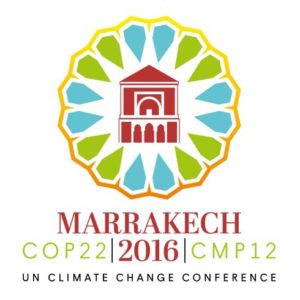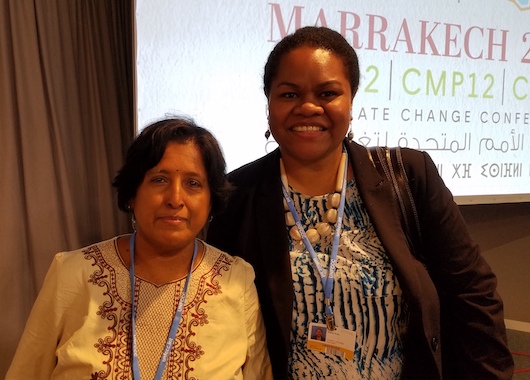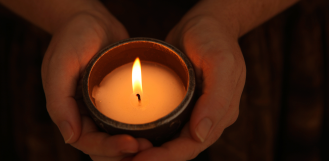The Unitarian Universalist Service Committee advances human rights through grassroots collaborations.
COP 22: Pushing global leaders to walk the talk!
By Salote Soqo on October 14, 2016
 COP 22: Marrakech 2016
COP 22: Marrakech 2016
Two days into COP 22 and Marrakech, Morocco is swarming with various stakeholders from around the globe. This COP (Conference of the Parties), dubbed by many as the “African COP,” due to its location and the strong presence of the African diaspora, is focused on accelerating implementation of the Paris Agreement, which was ratified by 100 Parties, including the United States. The Paris Agreement, which went into effect November 4, 2016, is about the post-2020 timeframe. It’s about countries committing to do the best they can to reduce their emissions and to work toward keeping global temperature increases to below 1.5 degrees celsius.
In 1994 the United Nations Framework Convention on Climate Change (UNFCCC) entered into force with the goal of reducing greenhouse gas concentrations in the atmosphere. The COP is the governing body of the Convention and meets annually.
The Paris Agreement: One step in the right direction
The world broke out in celebration when the Paris Agreement was adopted last April, and we can still feel the momentum here in Marrakech. What has been exciting so far, is the expected outcome that COP 22 will produce a roadmap for how things will proceed, such as how the Green Climate Fund will achieve its mandate of reaching $100 billion by 2020, or how states will report their emissions and reductions, etc. However, whether COP 22 will actually produce something tangible, just, equitable, and sustainable is the concern of many civil society organizations, including UUSC.
The focus here so far has been on the Paris Agreement and its implementation. But what does this mean for pre-existing commitments such as the Kyoto Protocol and its Doha Amendment? Doha, which was adopted by Parties to the Kyoto Protocol in Qatar in 2012, was meant to provide a second commitment period of the Kyoto Protocol—a legally binding emissions reduction treaty necessary for global climate action in the years leading up to 2020. However, Doha is still not in effect. If Parties are serious about Paris, they have to implement Doha.

Meena Raman, of the civil society organization, Friends of the Earth Malaysia, thinks that this might be a loophole that will allow developed countries to escape their existing commitments. She gave European Union as an example: “The E.U., which has not ratified Doha is racing like a Japanese speed train to ratify Paris. Have they forgotten about their commitment to Doha?” Which leaves us to wonder—where is the United States in all this? While the United States did ratify Paris, the state has no obligation to the Doha Amendment because it did not ratify the Kyoto Protocol (sigh).
Civil society organizations have to tell our leaders that the UNFCCC, Kyoto Protocol, and Paris Agreements cannot simply be subjects for coffee room discussions. Initiatives, pledges, and plans are not enough to deal with the catastrophic issues affecting Mother Earth and our communities. UUSC and the rest of the UUA delegates are joining our allies from all around the globe here in Marrakech to remind our global leaders to act out their commitments. An accelerated action on Paris Agreement requires the implementation of the Doha Amendment to Kyoto Protocol.
